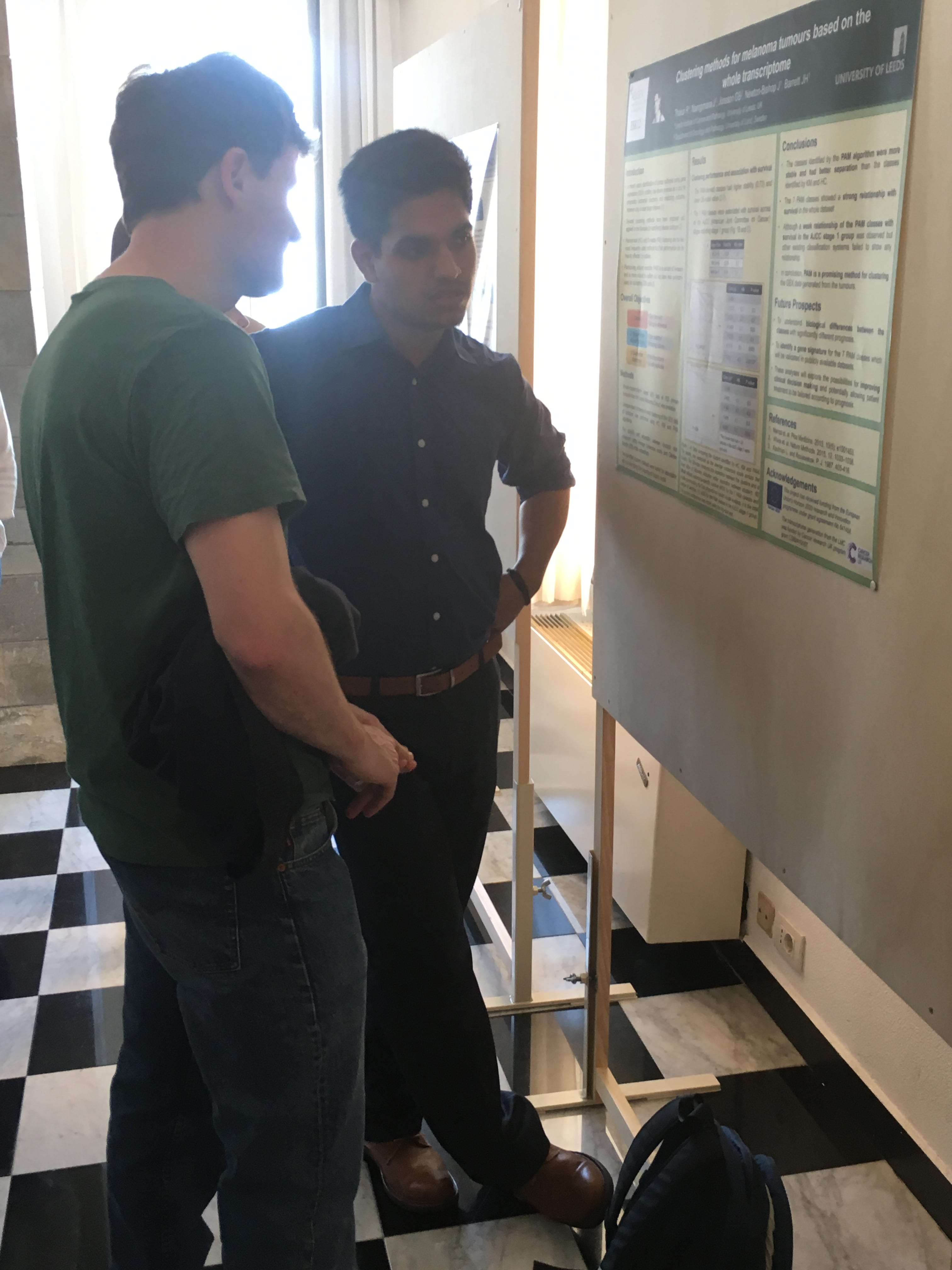Posted By: Rohit Thakur, Marie Sklodowska-Curie research fellow, University of Leeds, United Kingdom
“What are your plans after PhD”? – one of the most daunting and stressful questions often asked to graduate students. For many pursuing a career in academia, the obvious next step is a postdoctoral position.
The ideal time to start applying for postdocs is one year away from your graduation. At the beginning of the final year of my PhD, I made a list of institutes to explore. Based on this list, I directly contacted the principal investigators (PIs) whose work I found really exciting. After hearing back from them, I arranged a meeting with them to learn about their research. This provided a wonderful opportunity to network and establish professional relationships with them.
I also found the Conference to Career chat sessions with field experts extremely useful. At one of the sessions, Prof. Fred Winston shared very useful tips on setting criteria for choosing a postdoc lab, such as quality of mentorship, success rate of previous postdocs in academia, and publication rate of the lab. If you start early you are more likely to end up with multiple offers by the time you finish your PhD.

Don’t Underestimate Geography
Starting a postdoc hunt can be overwhelming, given the numerous places a graduate student can potentially apply to. It can become easier if you can think about where (geographically) you would like to do a postdoc. After identifying a region, you just have to locate the productive labs that do the science that you find exciting.
Network, Network, Network!
If you are going to a conference, write to PIs beforehand whose work you find interesting. Network with them by inviting them to your poster and follow up with them afterward.
Start Your Application Early
Visit lab websites of PIs who you are interested in working with and pay close attention to the lab’s current interests required skills for postdocs. Use this time to develop a skill that will increase your visibility as a potential candidate. Write PIs an informal query about potential postdoc positions to PIs, including your CV and cover letter, and get your material proofread by your mentor and colleagues.
Get Your PhD Research Paper Ready to Submit
Showcasing your PhD research is a great way to convince future PIs about your skills and your ability to lead a project independently. If you have a paper ready to be submitted to a journal, get its preprint out on bioRxiv and mention it on your CV.
Seek Advice and Feedback
If you are contacting a field expert, openly ask for feedback and advice about your current research project. This is a great way to interact and establish professional relationships with PIs.
Finally, get out of your comfort zone. Aim higher but be realistic. Keep applying until you land an offer from your dream lab. I would also recommend attending the ASHG/JAX Conference to Career Program for honing your networking skills.
Acknowledgments: I am highly thankful to my supervisors Jenny Barrett, PhD; Julia Newton-Bishop, MD, MBChB, FMedSci; Jeremie Nsengimana, PhD; and Göran Jönsson, PhD, for their exceptional mentorship; and European Commission Horizon 2020 program for funding my PhD.
Rohit Thakur, B. Tech, is a PhD Candidate at the University of Leeds. He has been an ASHG member since 2017.
